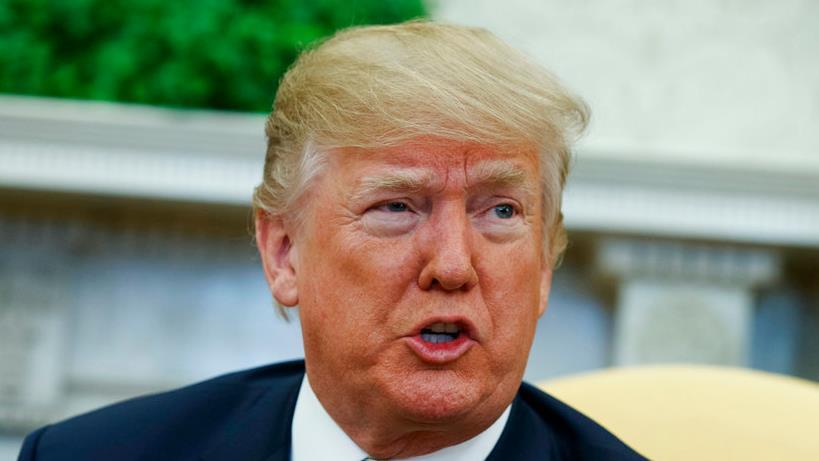Unilever swallows GSK's Indian Horlicks business for $3.8B
LONDON (Reuters) - Unilever is to buy GlaxoSmithKline's Horlicks nutrition business for $3.8 billion, boosting the Anglo-Dutch group's position in India by adding the popular malted drink.
The deal, announced on Monday, increases the consumer goods giant's footprint in one the world's fastest-growing economies and marks a notable addition to the portfolio by outgoing Chief Executive Paul Polman, who steps down in January.
Even though many of Unilever's recent acquisitions have focused on beauty and personal care products, buying Horlicks is a rare opportunity for Unilever to increase its scale in India, particularly in food and drinks.
For GSK boss Emma Walmsley, it is a chance to further streamline operations and generate cash for increased investment in pharmaceuticals.
The sale follows a competitive auction in which Unilever saw off rival Nestle, as well as earlier interest from Coca-Cola.
The transaction covers GSK's health food and drinks portfolio in India, Bangladesh and 20 other predominantly Asian markets. The business has annual sales of around 550 million euros, primarily through the malt-based Horlicks and Boost brands.
Horlicks comfortably dominates the health-drinks market in India and Unilever is expected to try and give it a fresh lease of life, following a slowdown in sales growth in recent years.
Srinivas Phatak, finance head of Unilever's Indian unit, told reporters he expected the business to grow at a double-digit percentage rate in the medium term, boosting both earnings and profit margins.
Unilever will seek to leverage its formidable distribution network to boost sales of Horlicks in smaller cities and rural areas.
"Growth has been a challenge in the recent periods," Liberum analyst Robert Waldschmidt said. "They're clearly expanding their emerging market footprint further and buying growth."
"WIN-WIN"
GSK's decision to sell the business follows its $13 billion acquisition of Novartis's <NOVN.S> stake in the two groups' consumer health joint venture this year. GSK said at the time that selling Horlicks could support the funding of the Novartis buyout.
The main asset being sold is GSK's 72.5 percent stake in Indian-listed GlaxoSmithKline Consumer Healthcare <GLSM.NS>.
Unilever said its 3.3 billion euros ($3.75 billion) consideration would be paid in cash and shares in its subsidiary in India, Hindustan Unilever Limited (HUL) <HLL.NS>.
Shares in both Indian companies rose more than 4 percent on Monday, highlighting a "win-win" deal for both sides, according to Anand Shah, senior vice-president, consumer at Axis Capital.
"GSK's portfolio gives HUL a strong foothold in foods and beverages, a space which it has been clearly lagging," he said.
GSK said its net proceeds from the deal, after tax and hedging costs, were expected to be around 2.4 billion pounds ($3.1 billion).
Following the closure of the deal, which is expected in around 12 months, GSK will own approximately 5.7 percent of HUL and the British drugmaker intends to sell this down in tranches.
As part of the deal, HUL will also distribute GSK’s over-the-counter and oral health brands for an initial period of five years.
The price being paid for the GSK business is broadly in line with expectations. People familiar with the process had told Reuters it was likely to be sold for less than $4 billion.
The deal comes a day before Unilever will host a two-day investor event in Mumbai featuring global and local leaders.
GSK was advised by Morgan Stanley and Greenhill, while BofA Merrill Lynch worked with Unilever.
Horlicks traces its history back to 1873, when two British-born men, James and William Horlick, founded a company in Chicago to manufacture it. It was taken to India by soldiers who had fought with the British Army in the First World War.
Sold as a bedtime drink in Britain, it was developed into a much bigger brand by GSK in India, although more recently its growth has slowed as urban Indian consumers turn to healthier, less-sugary alternatives.
GSK has already sold its much smaller British Horlicks business.
(Reporting by Ben Hirschler in London and Tanvi Mehta and Noor Zainab Hussain in Bengaluru; Additional reporting by Martinne Geller in London; Editing by Keith Weir and Edmund Blair)




















